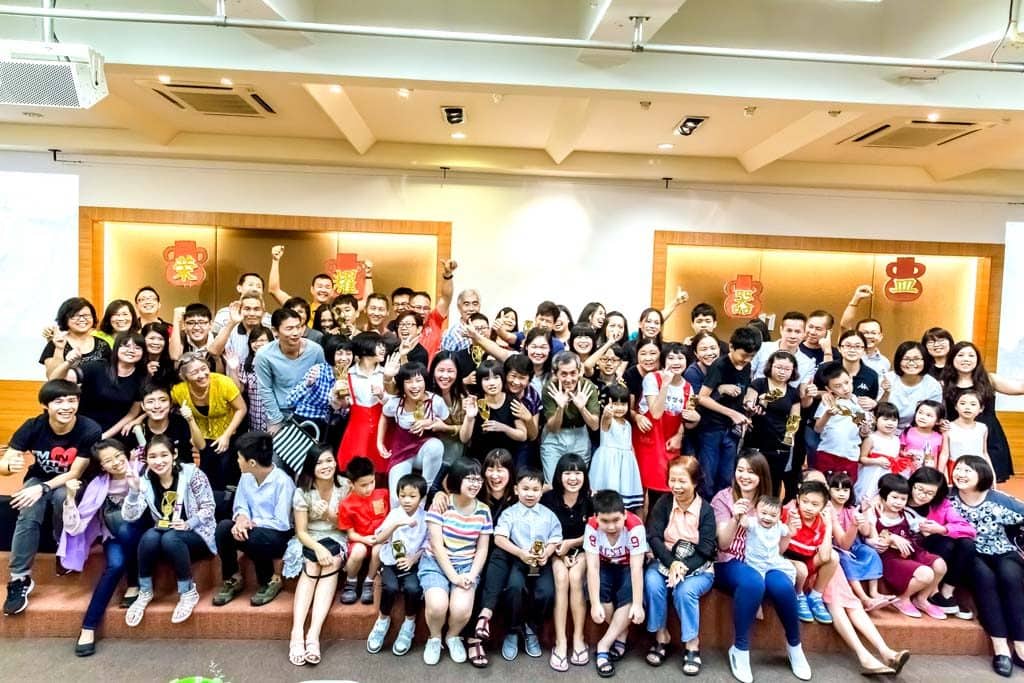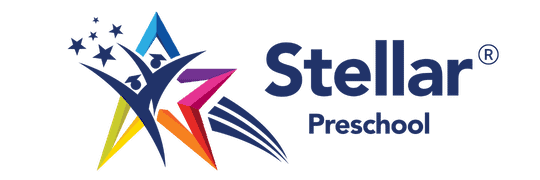
Glory Learning Centre (GLC) Graduation Ceremony, December 11, 2016
We have encountered parents approaching us and enquire if we accept autism children. Unfortunately, at this moment we are not ready to accept special need children yet. There are increasing demands to understand and explore autism children. Parents generally have limited knowledge and information about autism
We are truly pleased to join GLC graduation ceremony to witness the achievements of the most special children. The teachers are fantastically passionate and loving. They possess qualification in Early Childhood and Special Need Education. We were very touched to listen to a testimony by one autism child who joined them when he was a preschooler, now able to be independent and enrolled in normal primary school.
Psychiatrist William McMahon of the University of Utah find out from his pilot project that 10 percent of his pilot group went from being very impaired children to pretty successful adults over a twenty-five year span. A significant number of disabled autistic kids grew up to have families, jobs and a self-described decent quality of life. Most people in the pilot study got better but not worse with age. So parents, please be a little bit more patient with your children. It is possible for special need children to get better as they grow older, with proper care and supervision.
For more information about GLC, please contact them directly.
Glory Learning Centre (荣耀学习中心)
1A, Jalan Anggerik 21,
Taman Johor Jaya,
81100 Johor Bahru
Tel: +601 2773 5357 / +601 2382 5591 / +601 2704 4266
What is Autism
Autism is a general term used to describe a group of complex neuro-developmental disorders also known as Pervasive Developmental Disorders (PDD) or Autism Spectrum Disorders (ASD). These disorders are characterized, in varying degrees, by challenges related to:
• Communication
• Social Interaction
• Restrictive or repetitive behaviors and interests
People with autism may also experience other difficulties including medical issues, differences in coordination and muscle tone, sleep disturbances, altered eating habits, anxiety or disordered sensory perceptions.
Keep in Mind
• Autism is a neurological/biological disorder, not a psychological or emotional condition.
• The features, abilities and severity of symptoms vary considerably among people with autism.
• Always assume intelligence, teach competence, promote independence and be respectful.
For more information about autism, please visit www.autismspeaks.org/sites/default/files/afyo_about_autism.pdf
